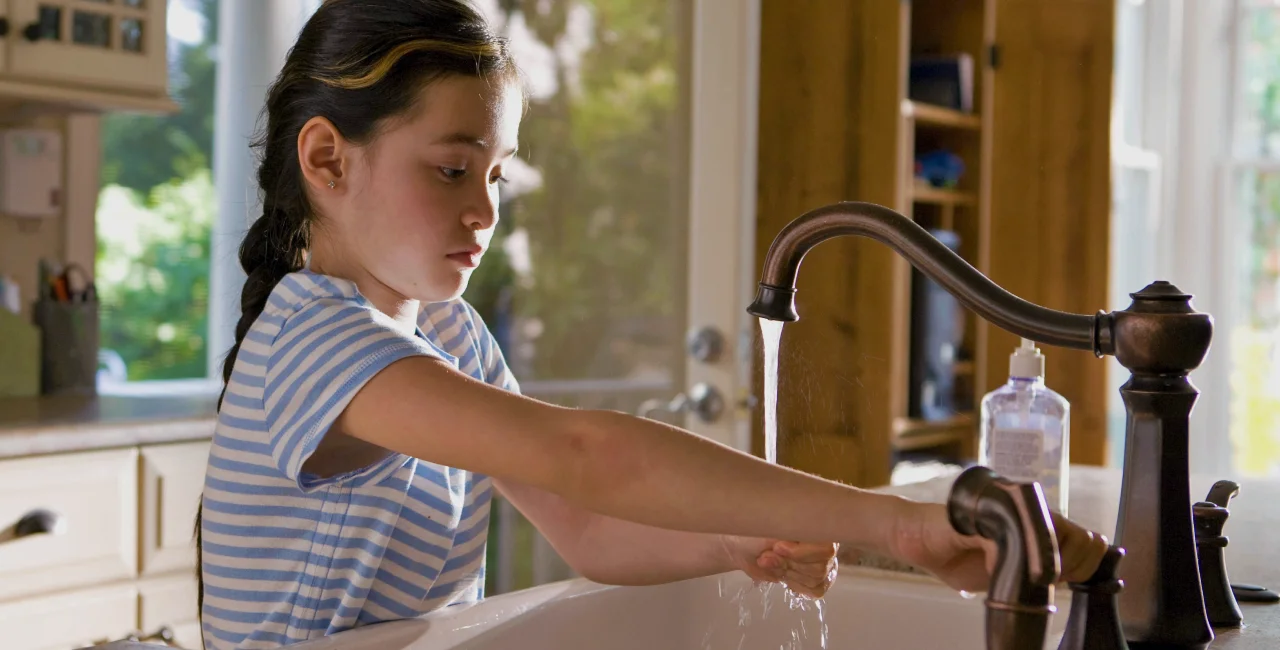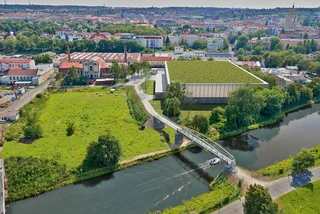Residents of Prague 11 and surrounding areas, served by the Želivka Water Treatment Plant, are raising issues about altered tap water quality. While residents describe the water as reminiscent of "drinking water run through an aquarium," Prague's District 11 council, along with water suppliers and the hygiene station, assures that the water remains safe for consumption despite its changed properties.
A change in water filtration and management
Prague 11, akin to most of the city, receives its water supply from the Želivka Water Treatment Plant, a facility entrusted with water purification and distribution. However, ongoing planned modifications to the technology have temporarily shut down certain components of the water-treatment process, Seznam Zprávy writes.
This shutdown has led to changes in the sensory attributes of the water, a fact corroborated by Prague Waterworks and Sewage, the water management infrastructure provider for the city. They noted that complaints primarily emerged from districts solely reliant on Želivka's supply, while areas receiving mixed water from different treatment plants experienced fewer grievances.
In addition to Prague 11 City Hall, the Beroun Waterworks and Sewerage Company acknowledged taste and smell concerns. Jiří Paul, the company's director, pointed out that while some individuals are more sensitive to taste changes, most users may not recognize the difference. The ongoing technology adjustments at the Želivka Water Treatment Plant are, in fact, aimed at improving taste properties.
Still safe to drink, but add lemon or cucumber
Marcela Segeťová, a spokesperson for Prague Waterworks and Sewage, indicated that the technology shutdown is expected to persist until the end of November. She affirmed that, in spite of the altered sensory properties, the water retains its compliance with hygiene requirements and remains safe for consumption. Recent inspections by the Hygienic Station of Prague validated the water's safety and attested to the minimal health concerns raised by residents.
To address residents' concerns and mitigate the taste of chlorine, which is used for water treatment in Czechia, people are advised to let the water cool in an open container in the refrigerator and consider adding a few drops of lemon, slices of cucumber, or mint leaves.
According to company director Paul, this is standard procedure. "We recommend this to all customers in general, because water is treated with chlorine across the board in the Czech Republic, while many users naturally find the smell of chlorine unpleasant. And if you let the water stand and add some lemon or mint, the taste of chlorine is lost," he says.
Segeťová also noted that heatwaves in July might have exacerbated the taste and smell changes. High temperatures in the distribution system can influence the sensory perception of water, and prolonged exposure to heat in internal distribution networks can potentially compromise its quality.
Mayor of Prague 11 Šárka Zdeňková acknowledged the mounting public unease and confirmed that numerous citizen initiatives on social media had voiced criticism about the water's unusual odor and taste. Zdeňková emphasized that the district's response was an independent effort to address these concerns directly, reflecting the municipality's commitment to public health and satisfaction.
Residents affected by the odd-smelling water may need to resort to adding lemon and cucumber to their water and wait a few months before normal taste is restored.












 Reading time: 2 minutes
Reading time: 2 minutes 




























